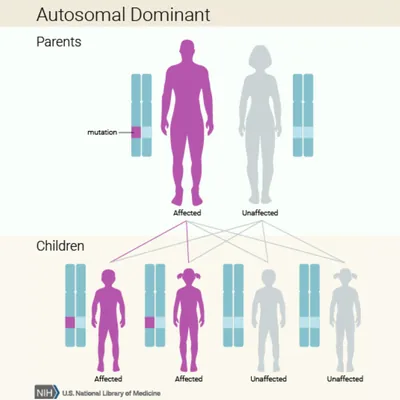GARD uses data collected from Orphanet and Online Mendelian Inheritance in Man (OMIM) to interpret and provide information on rare diseases. This includes names, synonyms, genes, symptom frequency, population estimates and more.
- Orphanet is an online database of rare diseases and orphan drugs that provides aggregated data coordinated by INSERM-US14 in Paris.
- OMIM is a database of human genes and genetic phenotypes authored and edited at the McKusick-Nathans Institute of Genetic Medicine , Johns Hopkins University School of Medicine.



